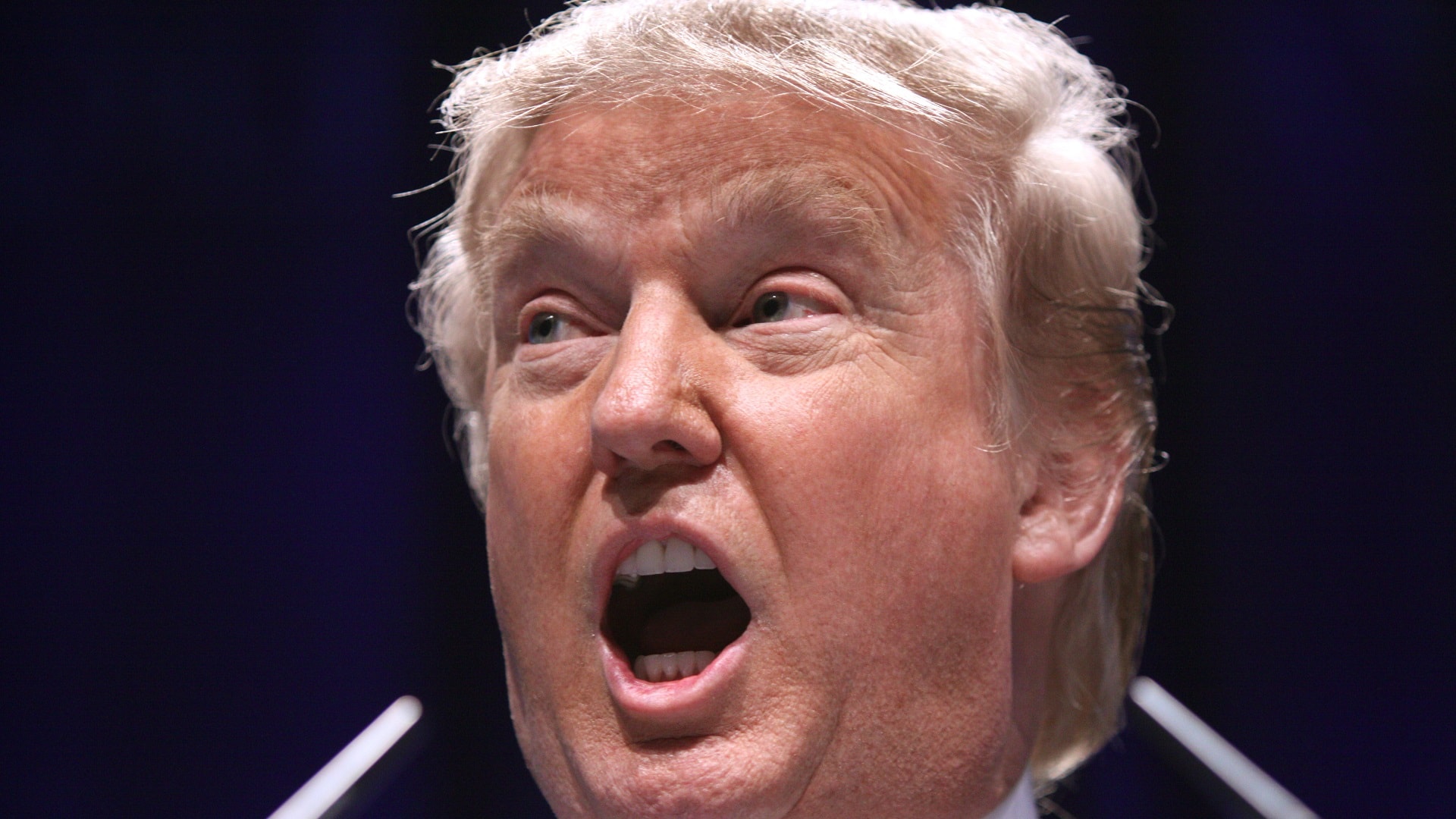Donald Trump has hitched his political start to populism. History shows that might exactly be a good idea:
Depending on which national polls you read (and when you read them), former Republican President Donald J. Trump is either beating his Democratic Party rival, President Joe Biden, by average of seven points or he’s losing to Biden by seven.
That’s enough for anyone to shake their head in disbelieve.
Yet, the one consistent factor in all the polls conducted (since Trump’s first term in office) has been that the forty-fifth president polls terribly among independent and moderate voters. He struggles with minorities (when compared to the Democrats) as well as with women voters.
Where Trump excels is in getting Republican voters and, specifically, MAGA-type voters onboard with him.
This will serve him well in the GOP Primary.
The real concern, though, is whether Trump will have crossover appeal to those independent voters. He currently lags an average of 14 points behind with them when compared to Biden.
We can kvetch about the unfairness of the media and the polls—and they are unfair to Republicans—but the consistent findings of multiple polls, over many years, all leading to the same conclusion indicates that Trump is having difficulties that he did not have in 2016, when he was a new and unknown candidate going against the very unpopular Hillary Clinton.
Donald Trump as William Jennings Bryan?
Ron Elving of NPR wonders if the “ghost of William Jennings Bryan haunts Donald Trump” heading into 2024.
It’s a valid point. In fact, Steve Bannon famously likened former President Trump to Bryan, the legendary late nineteenth/early twentieth-century populist, during a CPAC speech in 2017.
For his part, Trump fancies himself as Andrew Jackson reincarnate.
That, too, is apt, given the fact that William Jennings Bryan’s populism can be traced back to the early-stage populism of both Thomas Jefferson and Andrew Jackson—the two men who helped to create the modern-day Democratic Party.
A key problem facing Trump, though, lies in the comparison between Trump and Bryan.
Because whereas Trump did something that Bryan was unable to do—win a presidential election—that may have been a fluke, and Trump is returning to the historical norm that Bryan set.
Populism has a long history in this country.
Without the support of independent voters, and voters from cities and the suburbs, there is no victory. Only grievance.
It’s also important to note that at no point in any election over the last seven years did Donald Trump even win the popular vote. Just because it’s called populism doesn’t mean that it’s overwhelmingly popular—especially when that movement tends to attract rural and exurban voters, a group of people who are more spread out across the country and far less numerous than their city-dwelling and suburban counterparts.
Just like Bryan, Trump became famous (or infamous, depending on who you ask) for his adherence to Right-wing populism.
Populism is an Unpredictable Force in American Politics
As an ideological force for winning national elections, the results have been mixed. It ebbs-and-flows. Rarely is the populist movement concentrated and disciplined enough to remain a consistent force in US politics or to create enough critical mass to have the kind of long-term impact that other political ideologies, like traditional conservatism or Liberalism has had in US politics.
Trump’s 2016 victory was as much a negative reaction to Hillary Clinton among enough voters to swing things in Trump’s favor as it was the dawning of populism as a perennial, dominant force in US politics.
Trump hasn’t been able to capture that particular lightning in a bottle since 2016. The former president hopes to change this dynamic in 2024. Events do not seem to be ordering themselves as Trump wishes.
Of course, it’s still early in the election.
Nevertheless, Trump has hitched his wagon to a very fickle force in American politics. Like the previous iterations of populism, it might just be on its waning period. We might not see this force again for another several decades.
The populist ethos will likely be absorbed by a larger political movement, likely on the Left, as the previous round of populism that Bryan championed was ultimately woven into FDR’s “New Deal” Coalition.
At this rate, Donald Trump may yet win the GOP nomination (as Bryan won the Democratic Party nomination in his day). But he’ll be swept aside by the Wall Street candidate (as Bryan was by the likes of Republicans William McKinley and, later, William Howard Taft).
In this case, the Wall Street candidate is Joe Biden.
A 19FortyFive Senior Editor, Brandon J. Weichert is a former Congressional staffer and geopolitical analyst who is a contributor at The Washington Times, as well as at American Greatness and the Asia Times. He is the author of Winning Space: How America Remains a Superpower (Republic Book Publishers), Biohacked: China’s Race to Control Life (May 16), and The Shadow War: Iran’s Quest for Supremacy (July 23). Weichert can be followed via Twitter @WeTheBrandon.

